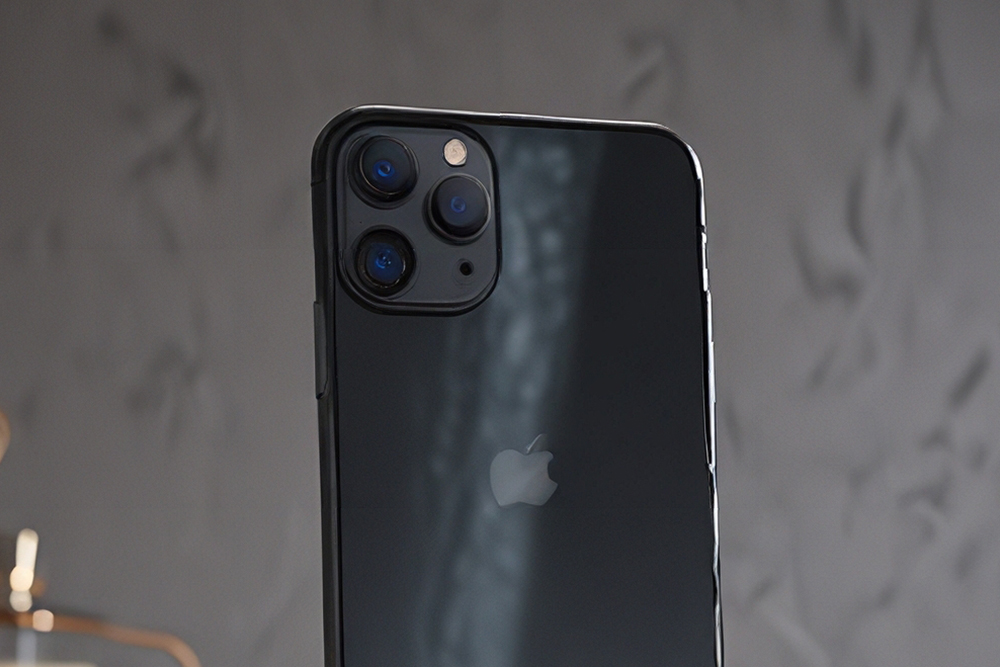Choosing the Perfect Smartphone: Critical Factors to Consider for Your Next Device
Choosing the right smartphone requires careful consideration of build quality, battery life, processing power, display, storage, audio, and camera features. This detailed guide helps you navigate the market, evaluate key specifications, and select a device that aligns perfectly with your lifestyle and needs. Whether upgrading or buying your first device, understanding these critical factors ensures long-term satisfaction and value for money.

Choosing the Perfect Smartphone: Critical Factors to Consider for Your Next Device
In today's fast-paced digital world, smartphones serve as our primary tools for communication, entertainment, productivity, and much more. With the ever-expanding market featuring numerous brands, features, and technological innovations, selecting the ideal smartphone can seem an overwhelming task. New models are released frequently, offering advanced capabilities and enticing deals, which makes decision-making even more challenging. To ensure you make a well-informed purchase that aligns with your needs and budget, it's essential to understand and evaluate a set of crucial features. This comprehensive guide will walk you through the seven most important factors to consider so that you select a device that provides maximum value and satisfaction.
1. Build Quality and Design
One of the first aspects to evaluate is how well your smartphone is constructed. The materials used in manufacturing greatly influence the device's durability and aesthetic appeal. Devices crafted from plastic are lightweight and cost-effective, but may be less sturdy over time. Metal frames, such as aluminum or stainless steel, offer a premium feel and added resilience. High-end smartphones often feature glass panels, which lend a sleek look but can be more susceptible to cracks or shattering if dropped. If your daily routine involves frequent mobility or likelihood of accidental drops, opting for a device with a robust build—like reinforced metal or shatter-resistant glass—can save you repair costs and extend the life of your smartphone. Design considerations also include ergonomics, weight, and how comfortably the device fits in your hand or pocket.
2. Battery Life and Power Management
In an era where smartphones are integral to work, social connection, and entertainment, battery life is critical. A device with a long-lasting battery ensures you're not tethered to a charger throughout the day. For heavy users who stream videos, play graphics-intensive games, or run multiple apps simultaneously, a battery capacity of at least 3500mAh is recommended. Moderate users, engaging mostly in calls, messaging, browsing, and taking photos, typically find 3000mAh sufficient to last a full day without needing a recharge. Additionally, consider battery technology and efficiency—some smartphones incorporate AI-driven power management features that maximize usage time. Fast charging capabilities are also beneficial, enabling quick recharges during busy days. When evaluating deals or models, prioritize devices known for reliable battery performance to avoid frequent charging hassles.
3. Processor and Performance Power
The heart of a smartphone's speed and responsiveness lies in its processor. For tasks such as gaming, multimedia editing, augmented reality, or multitasking with several apps, a powerful processor like Qualcomm Snapdragon 8 series, Apple A-series chips, or equivalent high-performance units is essential. High-end processors ensure smooth operation without lag and support advanced features like AI processing and high-resolution gaming. For everyday tasks like calls, messaging, light browsing, and social media, mid-range processors from brands such as MediaTek or Snapdragon 600 series often suffice and deliver good performance at a lower cost. When considering a purchase, verify the specifications of the processor to ensure it meets your usage demands and future-proofing needs, particularly if you plan to keep your device for several years.
4. Display Size, Resolution, and Panel Quality
Since smartphones are primarily used for viewing content, the display's quality significantly impacts your user experience. If you're passionate about gaming, videos, or reading, a larger screen between 5.5 to 6.5 inches offers immersive visuals. For frequent travelers or those who prefer a more compact device, screens ranging from 5 to 5.5 inches provide manageable size and excellent usability. Look for high-resolution displays—Full HD (1080p), QHD (1440p), or higher—if crisp visuals matter to you. Panel technology also matters; OLED or AMOLED screens deliver richer colors, higher contrast, and better blacks compared to traditional LCDs, enhancing multimedia enjoyment. Keep in mind that higher resolutions and larger screens may impact battery life and device weight, so balance your preferences accordingly.
5. Storage Options and Expandability
Storage capacity is another vital factor. Modern smartphones come with pre-installed operating systems and apps, which can consume significant space. Heavy users who stream high-quality videos, take extensive photos and videos, or install numerous applications should consider devices with at least 64GB of storage. If your budget allows, opting for 128GB or higher provides ample room for media and apps without constant concerns about running out of space. For casual users, 32GB or 64GB may suffice. Additionally, some devices offer expandable storage via microSD cards, which can be a cost-effective way to increase capacity. However, many flagship models forgo this feature, so plan your choice based on your long-term storage needs. Choosing a device with ample internal storage prepares you for future app and media demands, reducing the need for external storage solutions.
6. Audio Quality and Speaker Placement
Good audio quality enhances the experience of watching videos, gaming, or listening to music. Smartphones with front-facing speakers tend to provide clearer and more immersive sound, particularly during calls or media playback. Speakers located at the bottom or on the rear may muffle sound or be less convenient for a hands-free experience. For audiophiles, looking into devices that support high-quality audio codecs, such as aptX or LDAC, can make a noticeable difference in sound fidelity. Additionally, consider whether the device features a headphone jack if you prefer wired listening, or if it relies solely on Bluetooth headphones. The placement and quality of the speakers impact your daily multimedia experience, so choose a model that aligns with your audio preferences.
7. Camera Specifications and Photography Features
Camera quality remains a top consideration for many smartphone buyers. If photography is a passion or even a casual interest, pay attention to camera sensor resolution, lens quality, and special features. Sensors with 12MP or 16MP offer detailed images, and combined with software features such as optical image stabilization (OIS), phase detection autofocus, and large pixels, they can produce stunning photos even in low-light conditions. For dedicated photographers, models with multiple lenses (wide, ultra-wide, telephoto) enhance creative possibilities. Features like night mode, HDR, and 4K video recording broaden the scope of your photography portfolio. Casual users may be satisfied with 8MP or 12MP cameras, especially if they prioritize simplicity and ease of use. Remember that the camera department often receives regular software updates, improving image quality over time. Always consider your photography habits and decide accordingly to ensure your new device captures your moments beautifully.
Before finalizing your purchase, it's also wise to inspect warranty and service options, ensuring that you have reliable support in case of issues. These seven factors—build quality, battery life, performance, display, storage, audio, and camera—form the foundation of an optimal smartphone that suits your needs and lifestyle. Investing the time to evaluate each aspect thoroughly will lead to greater satisfaction and longer device longevity, ultimately providing the best value for your money. Whether you're looking for a budget-friendly device or a premium flagship, understanding these critical factors will guide you toward a smart and satisfying purchase decision.





